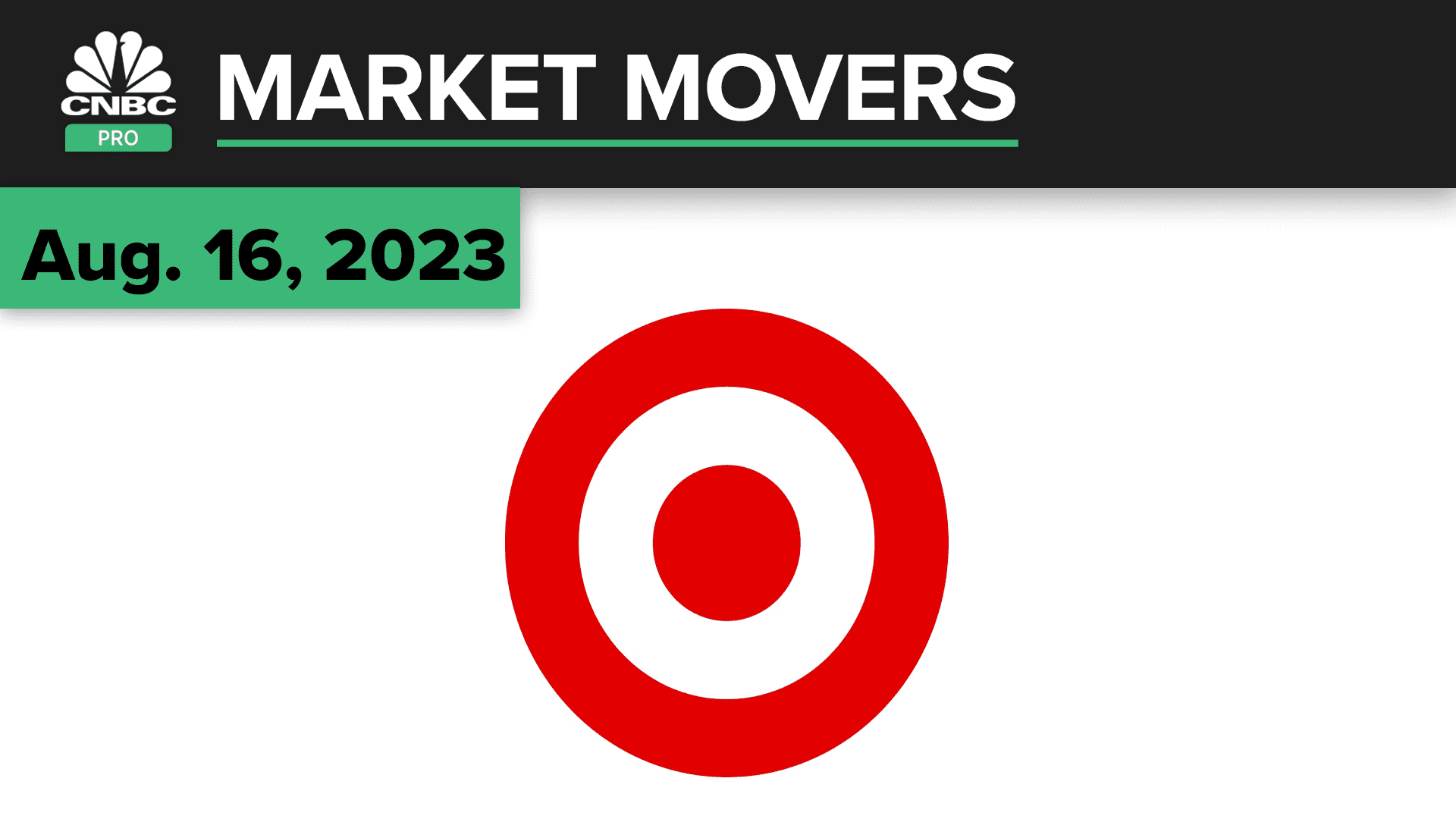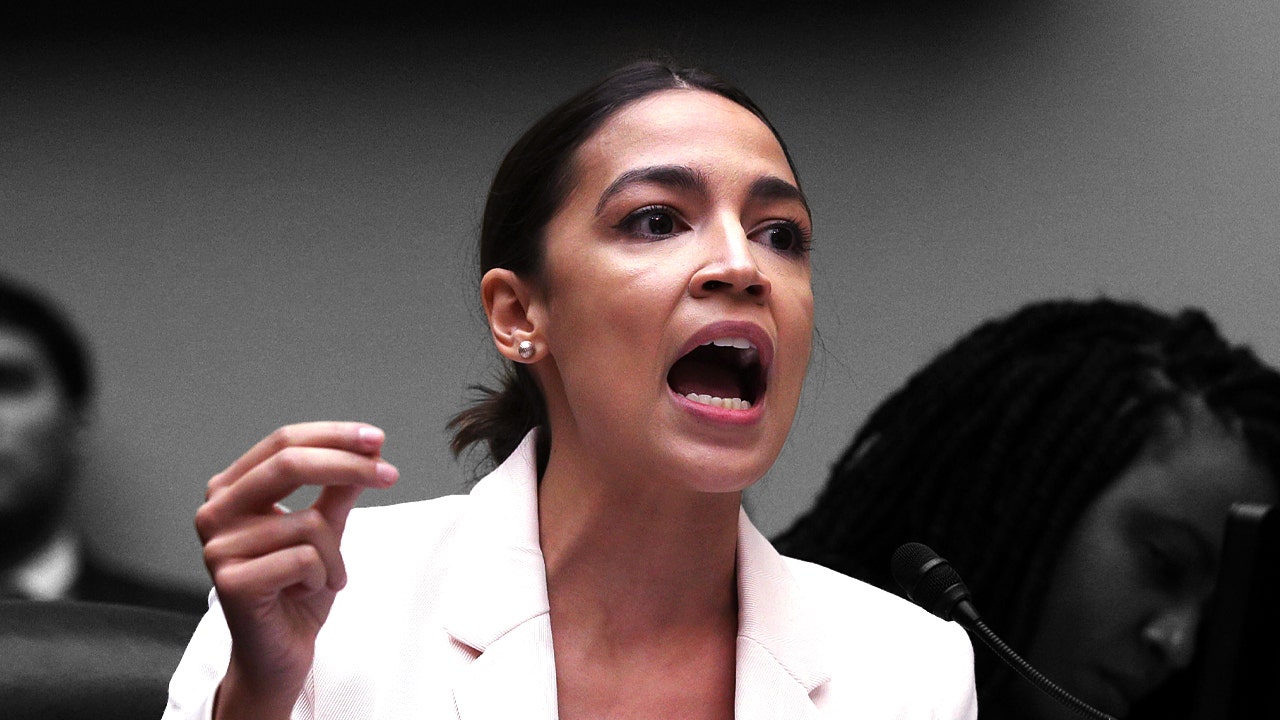
WASHINGTON ― President Joe Biden on Wednesday celebrated the first anniversary of one of his major legislative achievements to date, the Inflation Reduction Act, taking credit for lower inflation and still-low unemployment as part of a strengthening economy.
Now all he has to do is persuade Americans who remain largely convinced that the economy is terrible.
“We now have more jobs than we did before the pandemic,” Biden told a White House East Room packed with aides and supporters. “Inflation is now at its lowest point in two years … Wages are growing faster than inflation.”
Unfortunately for a president looking for reelection in 15 months, Americans continue to hold a much more pessimistic view. In a recent CBS News poll, 65% of respondents described the economy as “bad,” compared to just 29% who called it “good.” The top two words they used to describe it: “struggling” and “uncertain.”
Only 34% of Americans approve of Biden’s performance on the economy.
“The key is that over his tenure real wages have fallen,” said Douglas Holtz-Eakin, president of the center-right think tank American Action Forum and a former head of the Congressional Budget Office. “They have risen in recent months, but on the whole all those people who had jobs have not gotten better off.”
Presidents often do not get credit for improvements in the economy or the general standard of living, even in cases where such improvements are a direct result of their initiatives.
President George H.W. Bush lost reelection in 1992 in large measure because voters did not fully accept that the mild recession on his watch was over, even though statistical measures said it was.
In 2010 and 2011, voters did not tie the slowly improving economy to President Barack Obama’s stimulus plan, which paid for, among other things, road construction projects all over the country. Most voters, furthermore, believed that their taxes had increased, even though Obama and the Democratic Congress had reduced payroll taxes by a third.
“I do think reaction to improving conditions is a lagging indicator,” said David Axelrod, a Democratic consultant on Obama’s successful 2008 campaign. “We certainly found that was the case during the Obama years. But that effect is probably diminished by the polarization of news sources that is even more pronounced now than then.”
For several months now, Biden and his White House aides have been more aggressively emphasizing the improving inflation numbers ― now at 3.2% annually, down from 8.3% a year ago ― but they have little to show for it.
“I suspect the best explanation is that despite the moderation in inflation over the past year, prices are much higher than they were when [Biden] took office,” said Mark Zandi, chief economist at Moody’s Analytics. “This includes staples like grocery prices, gasoline and rent.”
And while the Inflation Reduction Act is bringing dramatic savings to Medicare recipients, and offers rebates and tax credits to consumers for energy-saving home improvements and electric vehicle purchases, nothing in it really addresses the day-to-day expenses most Americans incur, like groceries and gas.
Republican pollster Neil Newhouse said voters won’t change their minds based on monthly statistical reports, but on their real-world experiences at the checkout register.
“There is a significant lag between when inflation slows and when Americans think inflation is no longer a concern. That’s why Biden is still paying a heavy price,” Newhouse said.
Still, Zandi said that if current trends continue, Biden could be in better shape right when it matters, as voters start casting ballots.
“The most likely scenario is that by this time next year, inflation will be even lower and real compensation higher. At the same time, unemployment will still be low, certainly below 4%,” he said. “This improving economy should slowly, but steadily, seep into the consciousness of voters and be a tailwind to the president’s re-election bid.”
“Of course, there is a lot of risk around this sanguine outlook,” he added.


























































